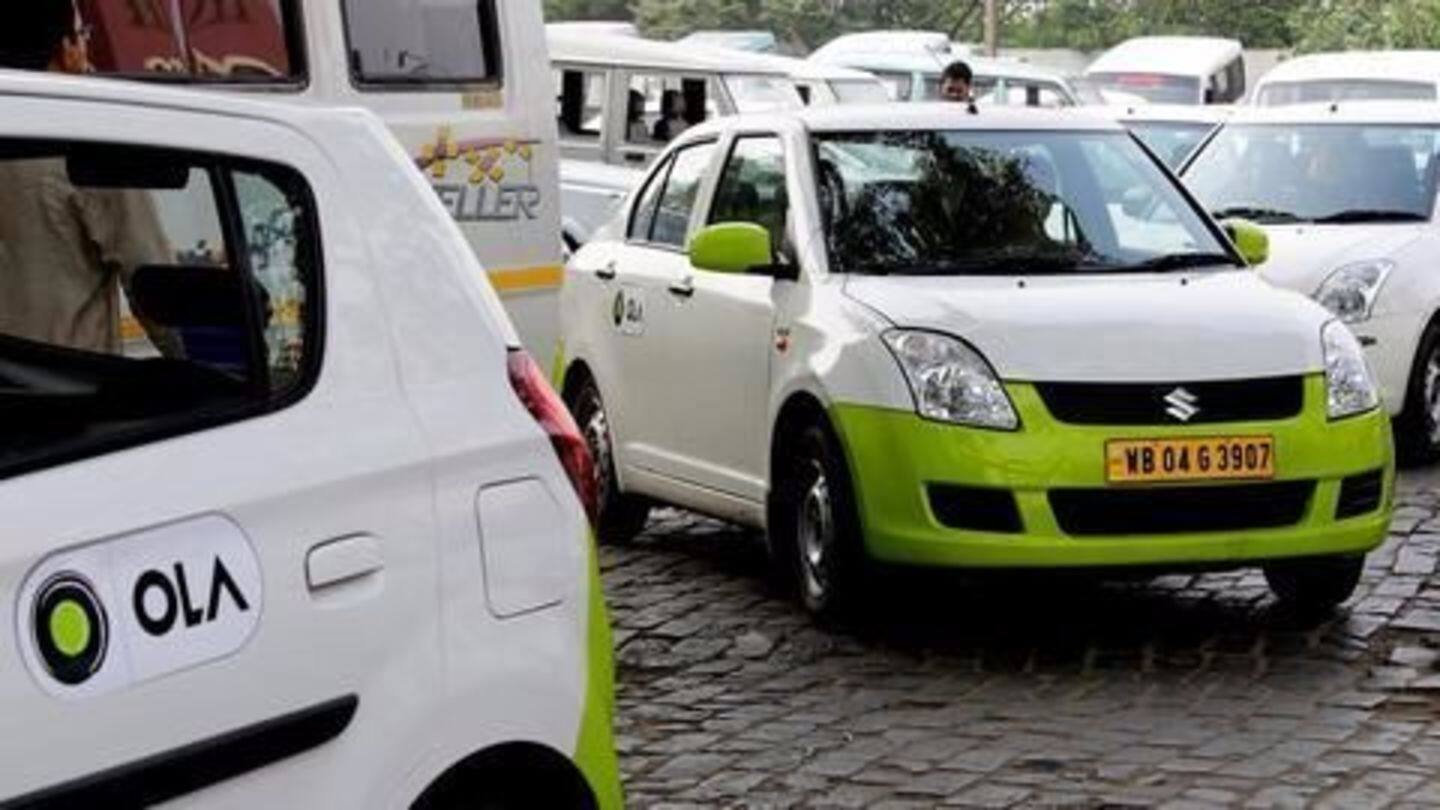
Ola partners with Google, launches extremely lightweight app
What's the story
At the Google I/O developer conference in San Francisco, Ola announced a partnership with Google to launch what is called a Progressive Web App (PWA), or a lightweight website version of their app. The website is designed to allow usage of the Ola service for people with low-end smartphones, as well as for people in small cities with slow internet connections.
Definition
What is a Progressive Web App (PWA)?
A Progressive Web App (PWA) is essentially a mobile website with features and functions resembling those of native mobile apps. They are "installable" for easy access via a mobile device's home screen, and also sport features like push notifications, all for negligible data requirements.
Background
Ola becomes the first ride hailing app to use PWA
Ola cabs could previously be booked via their website, but they discontinued the service in 2015 in favour of the native app. The PWA version of Ola was launched two months ago but was only available for Ola employees. The launch of the website, according to Ola, made them the first ride hailing app in the Asia Pacific region to use PWA technology.
Details
The features available on the PWA version of Ola
The PWA version of Ola consumes 50kb data on initial load, and 10kb data for subsequent loads, and has an initial load time of 3.4 seconds on 2G speeds. Users using the PWA version can book across all cab categories, choose to pay via Ola Money, use maps and OTP verification, and basically use all features of the native app.
Quote
Tuning into market needs
"...This represents an important development that will enable us to reach an even greater number of customers and driver partners in rural India. We have always said that addressing market needs is a key priority," said Ankit Bhati, the co-founder and CTO of Ola.
Market capture
Ola moves towards capturing untapped markets
Taking into account India's poor internet speed, the launch of the PWA version of Ola was a massive step towards capturing untapped markets in small cities, towns, and rural areas. According to Ankit Bhati, the co-founder and CTO of Ola, the company is already seeing phenomenal response in tier 2 and tier 3 cities.